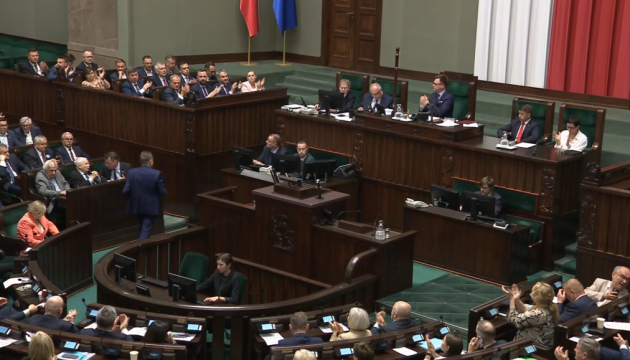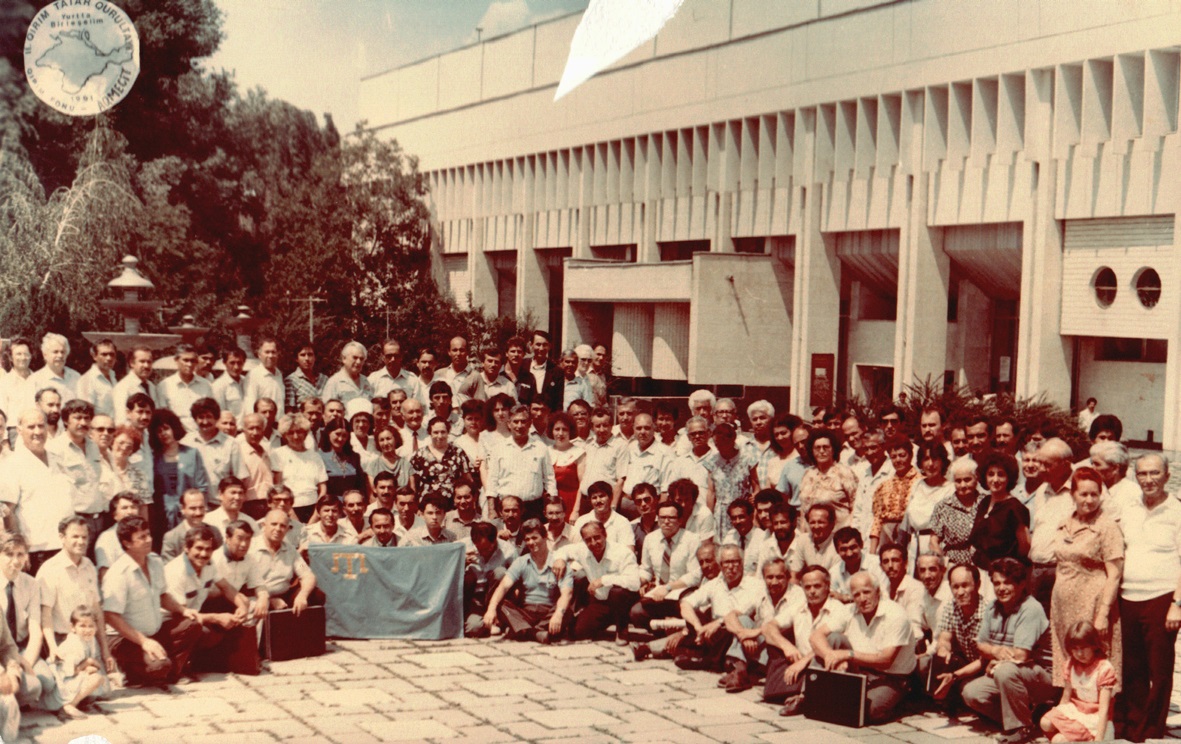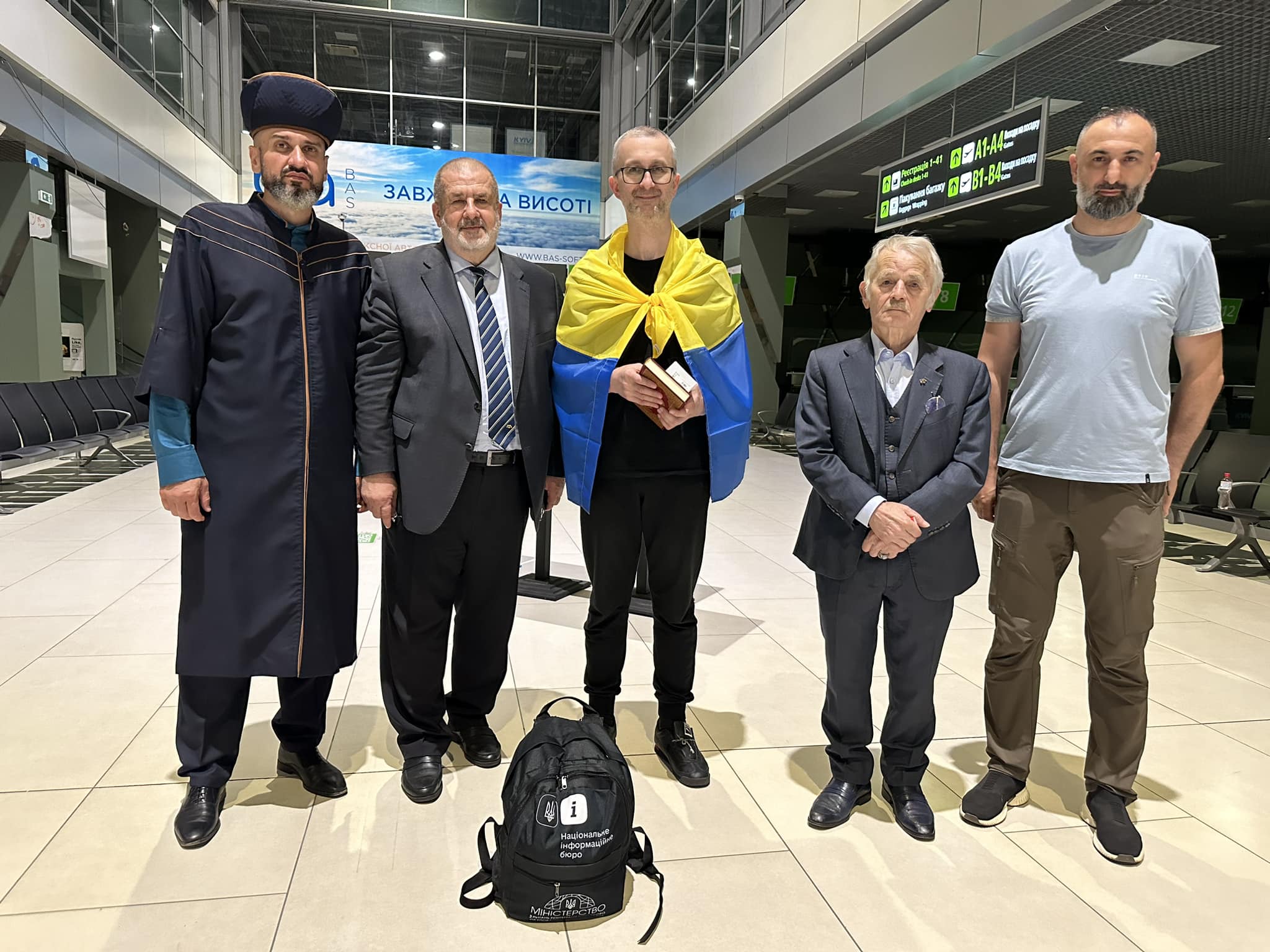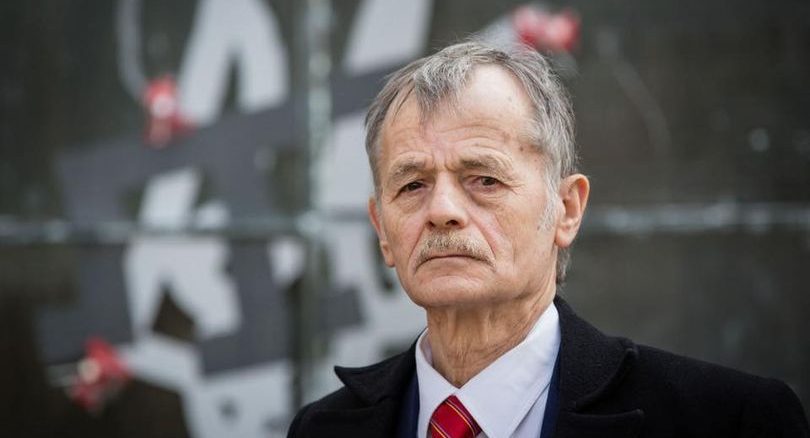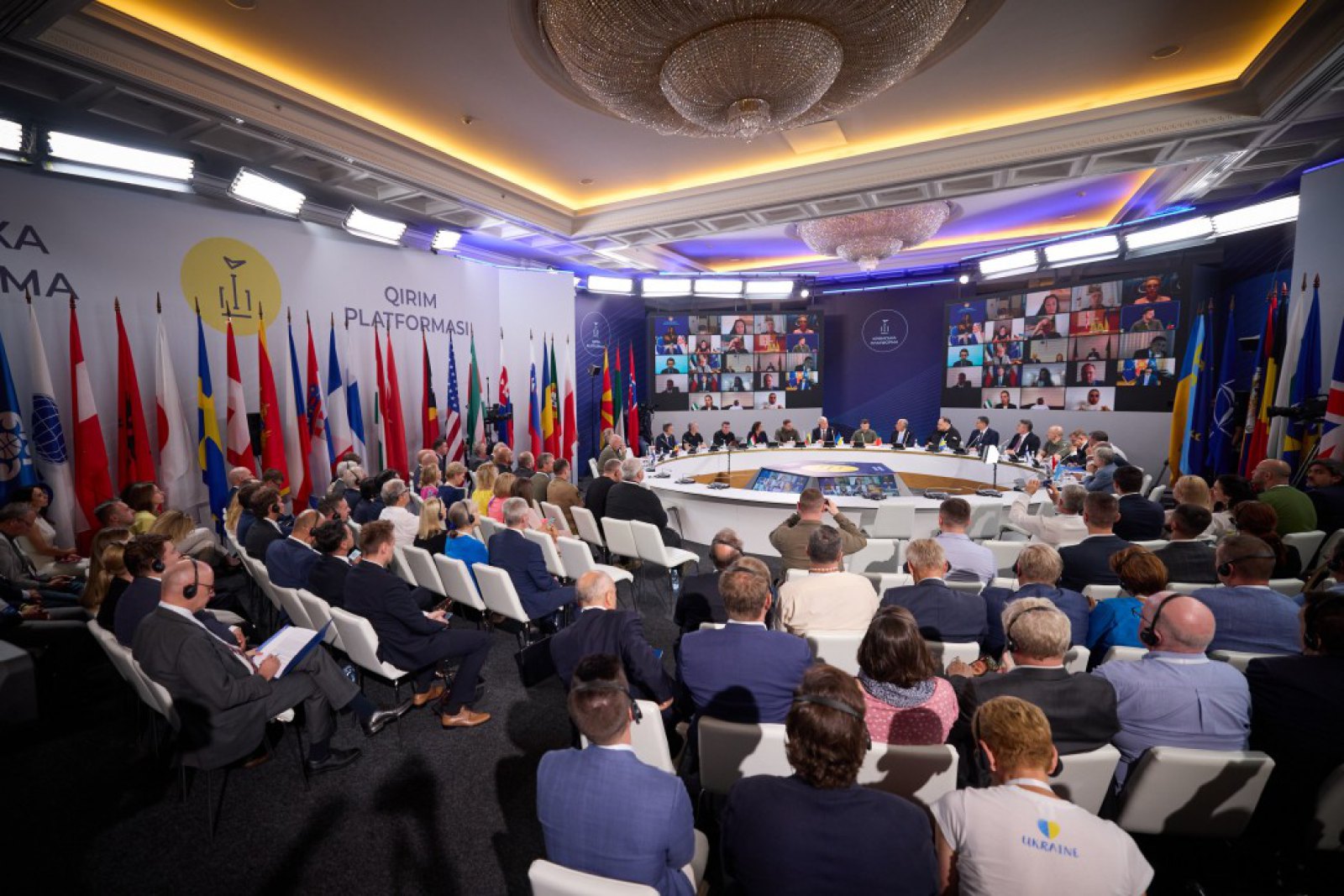Its a Common Knowledge that Every House Must Have a Firm Foundation
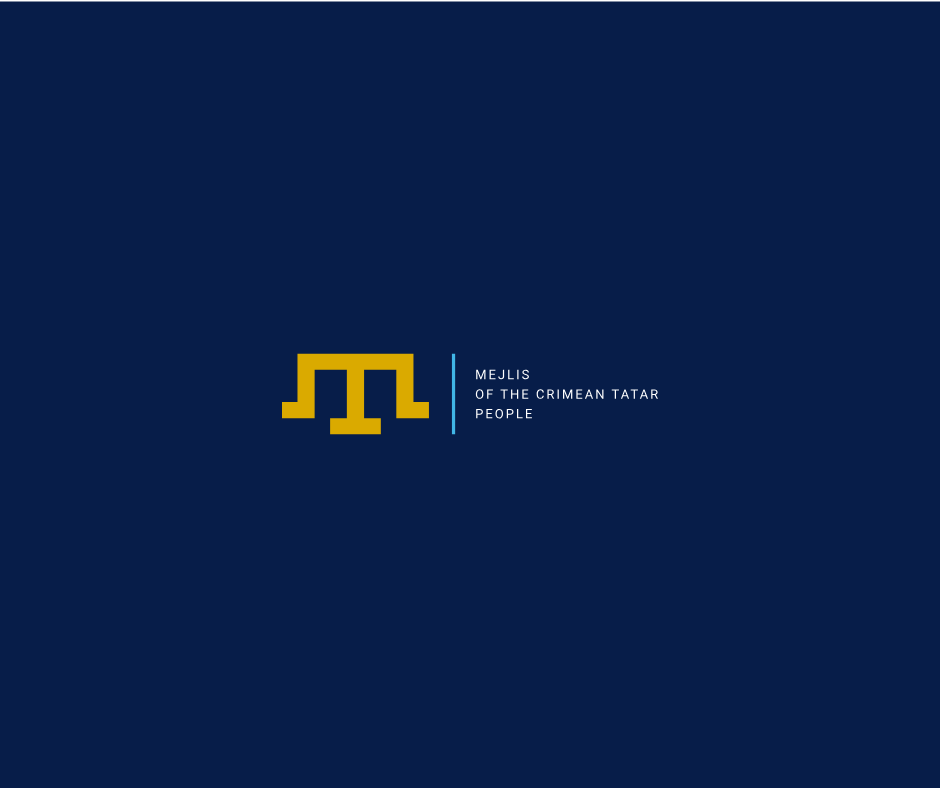
Nonfestive reflections on the occasion of just another anniversary of «the Referendum», held 20 years ago)
On January 20, 1991 the Crimean Referendum was held and the people were asked to answer the question: “Do you want to restore the Crimean Autonomous Soviet Socialistic Republic as a subject of the USSR and member of the Treaty Alliance?”
It is clear that the frantic agitation campaign preceded the Referendum, supported by all the resources of the Communist party and the Soviet structures, existed at that time.
Moscow and the direct implementators of its policy in Crimea, in fact, didn’t hide their true goals – to oppose any possibility of restoration of the autonomy of Crimea on the national-territorial basis in connection with the start of the massive return of Crimean Tatars to their historical native land and to create additional leverage, allowing Moscow to keep on controlling Ukraine.
Consequently, it was the Referendum of January 20, 1991 that laid a false ground for the restoration of Crimean autonomy. Instead of proceeding from the inalienable right of the Crimean Tatar people for the self-determination that should serve the basis of the restoration of the autonomy of Crimea and uniting of the multiethnic population of the peninsular the politicians of that time went another way, taking into consideration only the will of Russian majority of Crimea the overwhelming majority of which settled in Crimea after the deportation of Crimean Tatars.
It’s a common knowledge that on the moment of the Referendum of January 20, 1991 the overwhelming majority of Crimean Tatars were still in exile, and another one goal of the organizers of the Referendum was to make the participation of the Crimean Tatar people in the solution of their own destiny and the future of their land impossible.
Those Crimean Tatars, around 60-70 thousands who have already returned to Crimea, understanding, to put it mildly, the cynic intentions of the authorities at that time one and all boycotted that referendum. That exceptionally unanimous position of Crimean Tatars that by the way had to be publicly acknowledged by the organizers of the Referendum in many respect was called by the activity of the Organization of Crimean Tatar National Movement (OKND) and all more or less famous figures among Crimean Tatars.
However, the officials in Moscow and Kyiv at that time were in a hurry to build one more wall, one more barrier against the mass return of Crimean Tatars to their Homeland. That is why already on February 12, 1991 the Supreme Council of the USSR adopted the Law “On Restoration of the Crimean Autonomous Soviet Socialistic Republic”.
Thus, during the decision of the status of Crimea the principle of the national-territorial autonomy as a form of implementation by the Crimean Tatar people of its right for self-determination in the framework of Ukraine, the modern Ukrainian state made a certain “headache” for many years in the form of a special instrument of Russian pressure on Ukraine with the goal of implementation of its own foreign-policy and economic interests.
By the way, the last attempts of the local political marginal persons to return to Crimean Constitution of 1992 testifies to the fact that the Crimean problem could receive the new political color under the condition of continuing crisis between Kyiv and Moscow.
It’s a common knowledge that every house must have a firm foundation. There is no doubt that saying about the common Crimean house, the right of the Crimean Tatar people to the self-determination should serve as its foundation.
If we could ensure such approach – we could lay the guaranties of flourishing of the peninsular, provide new stimulus for strengthening of trust between all its residents, exclude any manifestations of separatism and possibilities of external pressure on Ukraine in Crimean issues.
Refat Chubarov,
First Deputy Chairman of Mejlis of the Crimean Tatar people,
Member of the Verkhovna Rada of Crimea
